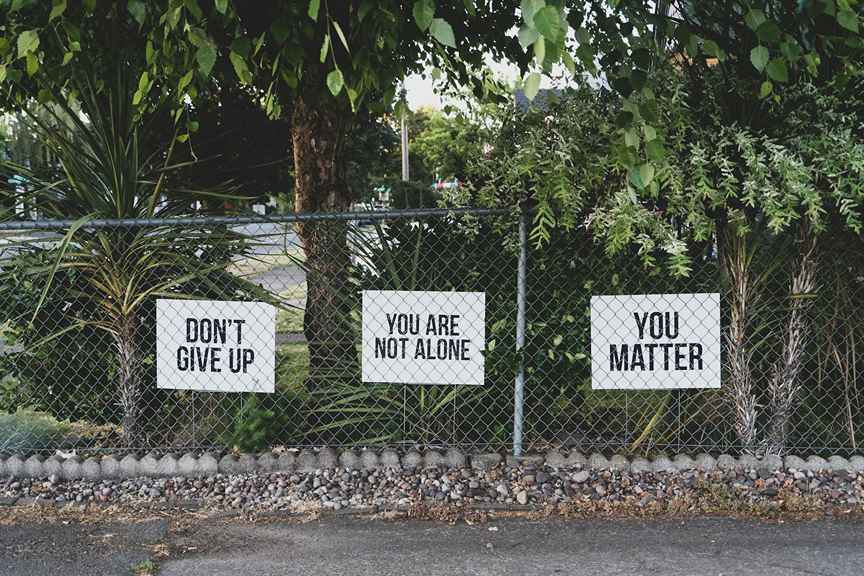
Understanding Resilience in Addiction Recovery
Resilience is a very beneficial trait to have. In addiction recovery, it is the bedrock upon which hopes for a better future rest. The gritty, unyielding nature of resilience steadies the life of one who has battled addiction. Without it, the path to recovery can feel steep and insurmountable.
The Steel Backbone: Defining Resilience
Resilience is often mistaken for toughness. It is not about being hard. It is about bending without breaking. It involves endurance, but more importantly, adaptability. Those in recovery find resilience in the quiet ability to keep moving forward, even when the pull of addiction threatens to drag them back.
Resilience is not a singular attribute. It encompasses a range of emotional and psychological faculties. Among these are acceptance of past mistakes, commitment to personal goals, and the humility to seek support when needed. Together, these form a protective sheath around the individual, creating a buffer against potential relapses.
At the core of resilience is the power to embrace change rather than fear it. This acceptance not only allows for growth but also nurtures a mindset primed for recovery. Moving beyond addiction requires seeing oneself not as a perpetual victim of circumstances but as an active architect of one’s destiny. Embracing this change can empower individuals to challenge their self-perceived limits, revealing a strength they may not have realized they possessed.
Starting Small: Building Blocks of Resilience
Resilience does not materialize overnight. It is built incrementally through thoughtful choices and consistent actions. One key foundation is the creation of new routines. Regular patterns of healthy behavior help disrupt old habits and introduce structure. They provide moments of predictability amidst the chaos of recovery.
For those looking to strengthen their resolve in the recovery process, exploring local resources such as a Connecticut alcohol rehab center can offer valuable support and guidance. These centers provide tailored programs and advice on sustainable lifestyle changes that underpin resilience.
Another cornerstone of resilience is accountable relationships. Cultivating a network — be it family, friends, or professional support such as therapists — can spark moments of strength when the temptation to relapse intensifies. Fostering an environment where open dialogue is encouraged can act as a safety valve, releasing pressures that could otherwise lead to relapse.
Beyond structure and relationships, resilience is also nurtured through the development of personal skills and interests. Exploring creative outlets or physical activities can rejuvenate the spirit, offering a sense of purpose and fulfillment outside the confines of addiction. These endeavors not only provide distraction but also establish a newfound self-worth and identity beyond the confines of addiction.
The Mental Refrain: Cognitive Resilience
While external structures fortify resilience, the mental aspect is equally vital. Cognitive resilience involves reframing negative thoughts that might bombard the recovering mind. It is a mental skill—akin to a muscle—that requires exercise through therapeutic practices such as mindfulness or cognitive behavioral therapy.
Identity plays a compelling role in cognitive resilience. A self-view marred by past failures serves a person poorly in times of stress. It necessitates reshaping how individuals perceive themselves, transforming notions of weakness into affirmations of strength and progress.
Transforming inner dialogue from critical to supportive is vital in sustaining recovery. Implementing positive self-talk strategies and celebrating personal achievements—no matter how minor—can create a powerful internal motivator. Such positive reinforcement bolsters the belief in one's ability to overcome challenges, incrementally building a stronger, more resilient mindset.
The External Influence: Societal Support
Societal perception of addiction can either bolster or undermine resilience. A culture that stigmatizes addiction can sap the will, pushing those in recovery into the shadows. Conversely, a society that views addiction as a health concern rather than a moral failing fosters an environment where resilience can thrive. Policies supporting mental health services, employment opportunities, and decriminalization efforts are vital for this purpose.
Creating an inclusive culture that acknowledges the complexities of addiction cultivates empathy and understanding. Public awareness campaigns and educational programs can play a big role in reshaping perceptions, encouraging compassion, and breaking down barriers born from misconception. This supportive societal ethos can significantly assist individuals in feeling seen, heard, and ultimately supported on their path to recovery.
In Practice: The Daily Pursuit of Resilience
The practical application of resilience is daily. It is a commitment to regular self-care—be it exercise, nutrition, or adequate rest. A resilient mindset can manifest itself in simple acts like pausing to appreciate small victories or redirecting after a setback. It slowly accumulates, adding layers of defense against relapse.
While individual effort is important in building resilience, understanding that recovery is a shared journey offers its own form of strength. Encouragement from others, shared stories, and collective goals elevate personal resilience to a community endeavor.
The journey to recovery is undeniably demanding, but this very challenge is what fortifies resilience. Every step taken, despite its difficulty, contributes to a growing sense of self-mastery and autonomy. It implies learning to embrace imperfections, and rather than faltering under their weight, turning them into stepping stones toward transformation and healing.
Conclusion
Resilience in addiction recovery is not just an abstract concept; it is how recovery is sustained. It is nurtured through small, daily actions, supportive relationships, and societal understanding. Harnessing resilience means not only withstanding the trials of the moment but also building a future where the pull of addiction loses its grip. It is the cornerstone upon which a new, more hopeful life stands.

Comments (0)